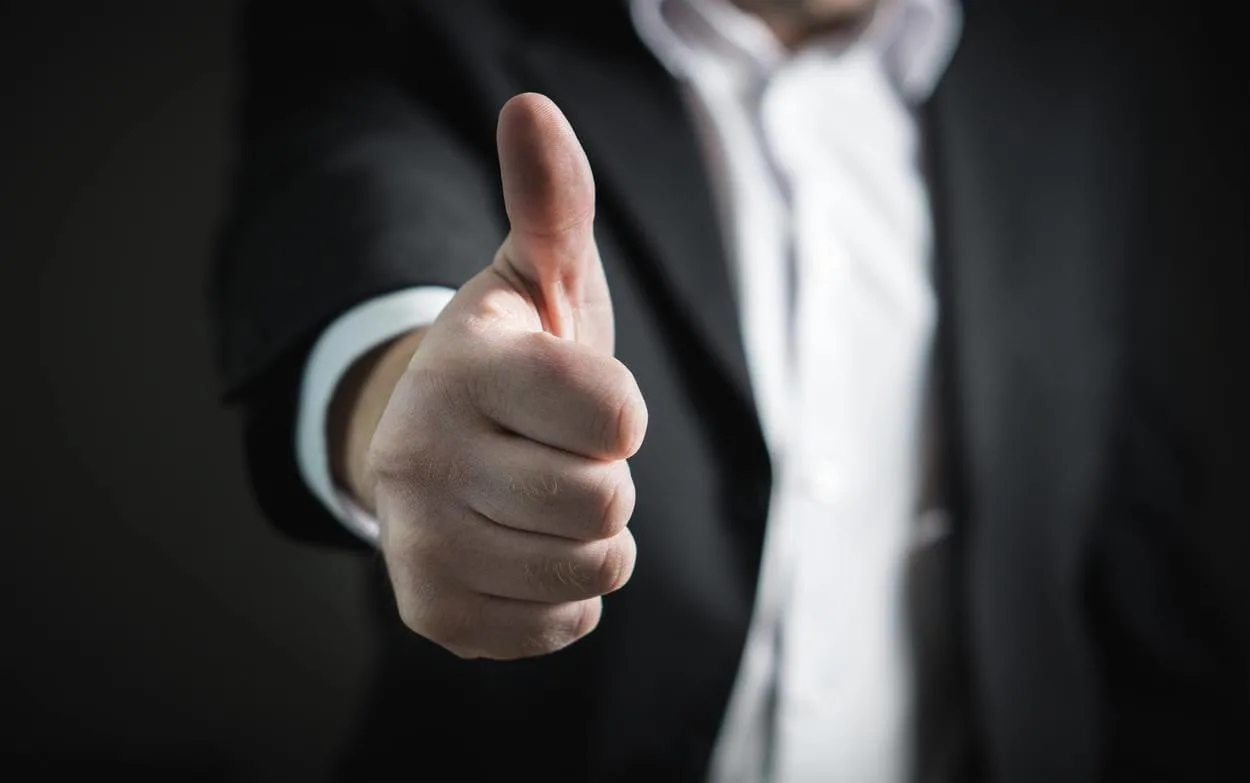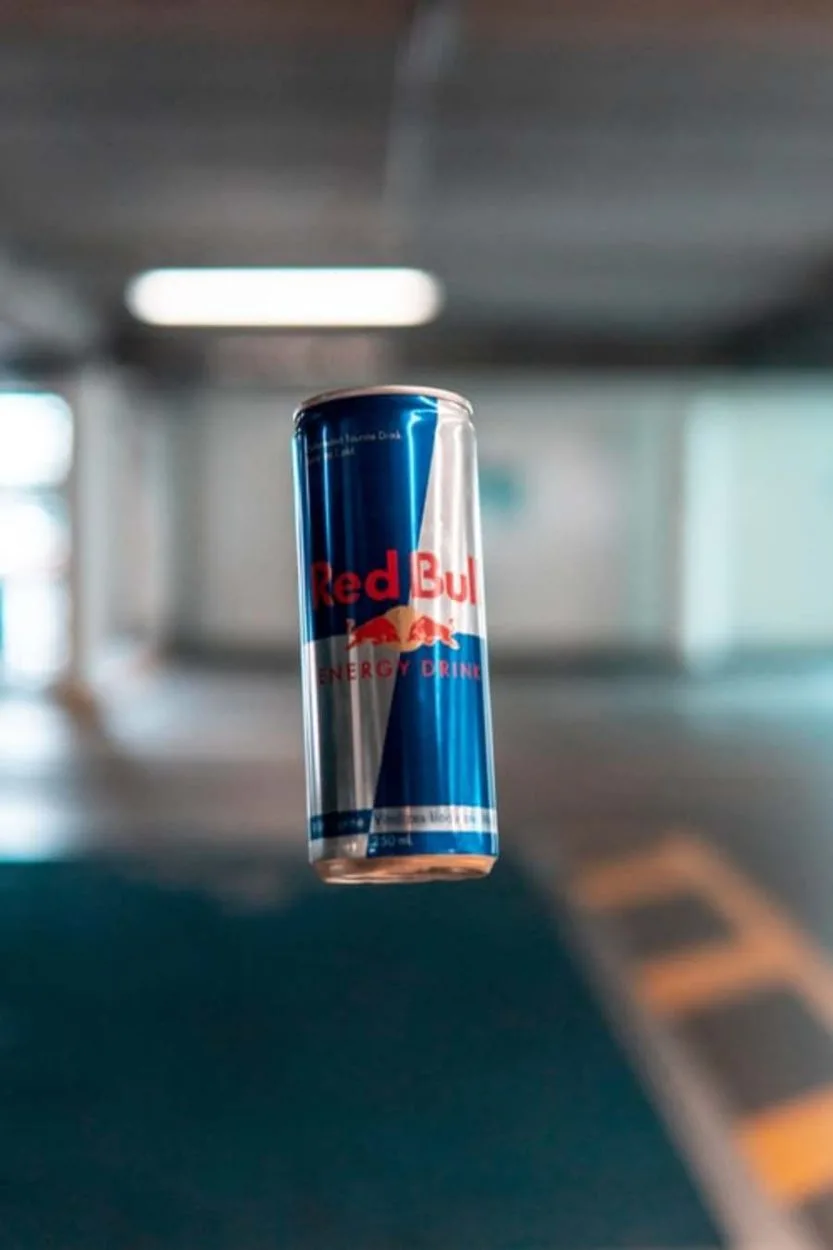The Food and Drug Authority is an agency that is responsible for public health – consider them the police of the products’ department. Their authority is not limited to food items, they also deal with other substances and commercial commodities like energy drinks.
If you’re someone who’s very keen on caffeinated beverages, you may have thought once in your life if energy drinks are regulated and approved by the FDA?
Well, here’s a quick answer: the FDA doesn’t oversee or approve energy drinks, beverages, or any other food products. Instead, the FDA regulates and approves the ingredients used in energy drinks.
Yup, the caffeine, taurine, or added sugars in your favorite thirst quencher should obtain the favor of this particular product authority!
Continue reading to find out how FDA works and how the ingredients of your favorite energy drink are regulated.
Contents
What is FDA?
The FDA is responsible for regulating the manufacturing, marketing, and distribution of food products and their ingredients.
It provides guidelines on the safe limits for consumption so that you are well aware of the food and its impact on your body before consuming it.
Aside from that, the organization is also in charge of protecting health by ensuring that the products sold in the market are safe and secure for consumption.
The FDA informs the public about accurate, science-based information including facts. It ensures that all products are safe and effective.
Take a look at this video to find out more about FDA.
Do Energy Drinks Need FDA Approval?

The FDA administers food items and the ingredients used in the making of various commercial products. It screens the added substances such as added sugars, preservatives, and food colorings. It guarantees that the food supply is protected and sterile and appropriately named.
With that being said, the FDA doesn’t regulate and approve energy drinks or any other caffeinated drinks in general.
All things being equal, energy drink brands and companies themselves are responsible for what they want to label on their drinks.
However, the Food and Drug Administration requires them to follow the food product labeling requirements to ensure the safety of the general public.
Additionally, energy and caffeinated drinks are showcased and marketed as refreshments and dietary supplements or energy boosters depending on the ingredients and planned to sell intention.
It is worth mentioning that most energy drinks brands market themselves as dietary supplements to avoid the FDA’s strict caffeine restrictions and limits.
How Does the FDA Work?
The drink on the shelf of a mart that has written FDA approval on it always catches our eye. The fact is that FDA does not approve any drink in particular. It rather approves ingredients such as artificial sweeteners and colorings.
FDA does not have premarket approval of food products, it has the authority to approve certain ingredients before they are used in foods. Those include food additives, such as substances added intentionally to food, and color additives.
The FDA works in such a way that if any company wants to add new additives to its food then the company is bound to provide FDA with its information.
The company has to demonstrate that the additives are safe. The FDA does not test the additives themselves. They rather analyze the test done by the companies and review its credibility. The FDA then either approves it or rejects it.
It is also important for the company to use approved food additives in the recommended amounts and specifications.
FDA Recommended Caffeine Amount
The FDA recommends consuming no more than 400 mg of caffeine in a day.
After expert testing and research, it was concluded by FDA that this amount of caffeine is more than enough for your body to get the energy boost that you need. In fact, some may find it overkill to consume that much caffeine daily!
Caffeine is a central nervous system stimulant. It is majorly used in energy drinks and is responsible for providing a jolt of energy. No energy drink would be the same without caffeine as it helps you stay active and improves focus.
Personally, I prefer my caffeine intake to be within the 150mg level at the maximum. For better visualization, check out the table below for the common coffee beverages and their caffeine content:
| Brewed Coffee | 70–140 mg |
| Espresso | 125 mg |
| Instant coffee | 30–90 mg |
| Decaf Coffee | 0–7 mg |
Like everything in life, less is more in beverage ingredients too. Excessive consumption of caffeine can lead to serious health problems. That’s the reason why the FDA has set a daily limit for caffeine consumption.
However, going overboard to the caffeine limit can cause serious problems like:
- Insomnia
- Digestive issues
- Anxiety
- Insomnia
- Highblood pressure
- Bleeding Disorders
- Diarrhea
- Osteoporosis
Common energy drinks have 50mg to 200mg of caffeine, but some energy drinks have whooping 300 mg of caffeine in a single can, which is insane!
I highly suggest that before consuming any energy drink you look at the back of the can to find out its caffeine content. Make sure that you are within the recommended limits to avoid any unwanted health complications.
If you’re looking for particular energy drinks that just have the right amount of caffeine, check out this article right here.
FDA’s Take on Sugar Consumption
Sugar is one of the most common ingredients in your food and especially drinks. 10 percent of your daily calorie should be allocated to sugar – any more than that and you may be in for a few health problems in the future.
Caffeine and sugar play the same role in energy drinks – they provide a boost of energy to the body which is the reason you can function well amid sleepless nights as long as you drink beverages containing adequate amounts. Like caffeine, sugar also makes sure that you are alert and focused in your activity.
Aside from its sweet taste, sugar also has benefits such as the energy it provides. Surprisingly, studies have shown that sugar can improve your mood.
Sugars are monosaccharides which are the simplest type of carbohydrates. Sugars provide energy in the form of calories. Your body utilizes energy by breaking down sugar into glucose.
AHA recommended daily sugar consumption for women is 25g of sugar and for men, it is 36g sugar limit. Neglecting these limits set by AHA and excessive consumption of sugars can lead to health complications like:
- Weight gain
- Heart disease
- Type 2 Diabetes
- Mood disorder
- Tooth decay
- Sugar crash
- Skin aging
As a person who is quite fond of subtle sweetness, I find it a burden consuming beverages that contain too much sugar in a can.
Hence, I made a list of some of the best-tasting sugar-free energy drinks on days I like to avoid this particular sweet additive.
FDA’s Take on Artificial Sweeteners
While some energy drinks have natural sugars others also add two types of sugar in their formula:
- Regular sugar
- Artificial sweeteners
Artificial sweeteners are food additives that are much sweeter than regular sugar. Unlike sugar, artificial sweeteners don’t have adverse side effects and can be consumed by diabetics.
The best part is artificial sweeteners don’t add up to calorie intake.
Here is the list of safe, and regulated artificial sweeteners approved by the FDA.
- Saccharin
- Aspartame
- Acesulfame Potassium
- Sucralose
- Neotame
- Advantame
- Steviol Glycosides
- Luo Han Guo Fruit Extracts
Are Energy Drink Giants Approved by the FDA?
No! No particular energy drink or food product is directly approved by FDA. Instead, try to focus on the ingredients of the brand.
FDA is not responsible for approving any food product. It is rather involved in regulating and approving ingredients.
All the big brands that claim that they are FDA approved actually claim this on the grounds of the ingredients that are individually FDA-approved.
Is caffeine approved by the FDA?
Caffeine in cola-like drinks is permitted by the FDA only at the 0.02 percent tolerance threshold.
The Food and Drug Administration recommends that healthy individuals consume no more than 400 mg of caffeine per day, which is equivalent to roughly four or five cups of coffee.
What is the required declared precaution for an energy drink?
Sources agree that most healthy individuals may consume up to 400 mg of caffeine per day, which is around 4 cups (945 ml) of coffee. Keep in mind that energy drinks, in particular, may vary greatly in their real caffeine amount.
Caffeine withdrawal symptoms are real and may occur in adults. Those who are very sensitive to caffeine’s effects, or who are on certain drugs, may want to avoid it.
How are energy drinks regulated by the FDA?
The FDA doesn’t have a monopoly on energy drinks, but they do set rules for how much caffeine and artificial sweeteners may be safely consumed in a day. That’s why you can see the exact ingredients in your favorite energy drink.
If you want to stay healthy, it’s up to the Food and Drug Administration (FDA) to make sure everything you buy is risk-free. Products that generate or release radiation also fall into this category, along with those that are biological, medical, food-related, veterinary, or cosmetic in nature.
Red Bull Energy Drink
Red Bull is one of the high-end best sellers in the caffeinated beverage industry. Betting on the status they achieved, it is no surprise that they comply with the laws and regulations set by FDA.

For me, I really like the kick Red Bull provides. It boosts my energy and even helps me improve my reaction times! Plus, this energy drink really helps me with my drive. I would even often find myself working out extra hard.
While some may consider Red Bull as a dangerous energy drink, it all comes down to a person’s ability to handle themselves. Limiting your consumption to about half or one can a day definitely ensures you only get the best benefits from this energy drink!
Monster Energy Drink
Monster Energy is a worldwide favorite drink. Ever since its launch, people have been liking this drink and it has been successful in grabbing the attention of drink fanatics across the globe.
Due to some controversies regarding monster energy drinks that have been sparked recently, the company stopped marketing them as a dietary supplement.
A 16 fl. oz. of Monster has about 160mg of caffeine – I find this quite high. Combined with its sky-high sugar content, I just don’t think that Monster is the right beverage for me.
Other Energy Drinks in the Market
If you’d like to check out other energy drinks in the market, here are some of them:
Other Notable Mentions
To Wrap It Up
The Food and Drug Administration is an organization that puts public health first and foremost. If you’re on the hunt for safe energy drinks for consumption, you can never go wrong with choosing those who boast of an FDA-approved seal on them!
In my journey as an energy drink enthusiast, I have encountered quite a few products that raise my hackles. Their caffeine content, the colorings, as well as the combination of ingredients, may sometimes scream hazardous.
I try to check the FDA’s list of approved ingredients every time I try on a new beverage, or when I see something unusual in the ingredients list.
